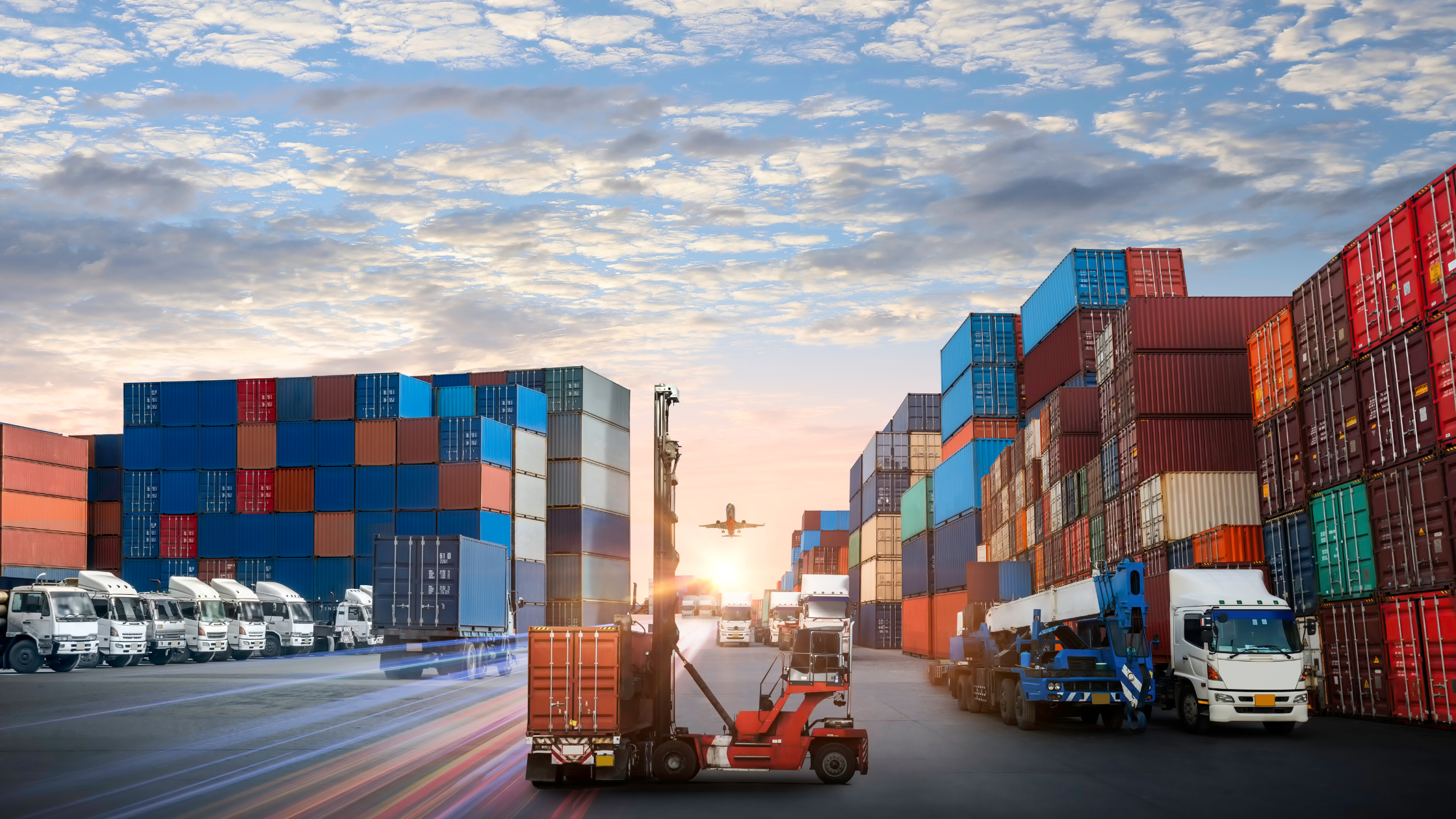
In today's rapidly evolving world, the logistics industry stands at the forefront of technological transformation. As businesses and consumers increasingly demand faster, more reliable, and eco-friendly shipping solutions, global express logistics has embraced cutting-edge technologies to meet these expectations. From artificial intelligence (AI) to blockchain and automation to advanced analytics, these innovations are not only reshaping the logistics landscape but also setting the stage for the future of global trade and commerce.
Artificial intelligence has become a cornerstone of modern logistics operations. By harnessing AI, companies can optimize routes, predict delivery times with greater accuracy, and reduce operational costs. AI-driven systems analyze vast amounts of data to provide insights that were previously unattainable.
For instance, AI algorithms enable predictive maintenance of delivery vehicles, ensuring minimal downtime. Additionally, customer service has been revolutionized with AI-powered chatbots that provide real-time updates and handle inquiries efficiently. This innovation is particularly impactful for companies offering services like the Best international courier in Mumbai, ensuring that shipments are handled with precision and speed.
Automation is another significant technological advancement driving the future of global express logistics. Automated warehouses, equipped with robotic arms and autonomous vehicles, streamline the process of sorting, packing, and shipping goods. This reduces human error and increases efficiency.
Moreover, last-mile delivery—a crucial aspect of logistics—is transforming with the integration of drones and autonomous delivery vehicles. These technologies not only expedite deliveries but also reduce carbon footprints, making them a sustainable choice. Companies providing courier service for Germany in Mumbai are increasingly adopting automated solutions to meet international delivery standards.
Blockchain technology has introduced a new era of transparency and security in logistics. By creating immutable records of transactions, blockchain ensures that every step of the supply chain is traceable and tamper-proof. This is especially critical in international shipping, where multiple stakeholders are involved.
For businesses offering air cargo services, blockchain simplifies documentation processes, reduces fraud risks, and enhances trust among partners. Smart contracts—a feature of blockchain—automatically execute terms and conditions once predefined criteria are met, further streamlining operations.
The logistics industry generates an enormous amount of data daily. Advanced analytics tools process this data to uncover trends, predict demand, and optimize supply chain operations. For instance, predictive analytics can forecast shipping volumes during peak seasons, allowing companies to allocate resources efficiently.
Logistics providers in competitive markets like Mumbai are leveraging big data to enhance customer experiences. By analyzing customer preferences and behaviour, companies offering the Best international courier in Mumbai can tailor their services to meet specific needs, ensuring higher satisfaction and retention rates.
The Internet of Things (IoT) is revolutionizing global express logistics by enabling real-time tracking and monitoring of shipments. IoT devices embedded in packages or vehicles provide real-time updates on location, temperature, and other critical parameters.
For example, IoT sensors are essential for shipping perishable goods that require temperature control. Businesses providing air cargo services benefit immensely from IoT, as it ensures that goods reach their destination in optimal condition. Customers, too, gain peace of mind with real-time updates on their shipments.
As the world shifts towards sustainable practices, global express logistics is no exception. Green logistics—a combination of technology and eco-friendly practices—is becoming a priority for the industry. From electric delivery vehicles to solar-powered warehouses, sustainability is at the core of recent technological advancements.
Logistics providers are also exploring alternative fuels, such as hydrogen and biofuels, to reduce carbon emissions. Companies offering courier service for Germany in Mumbai are adopting sustainable practices to align with global environmental standards and cater to eco-conscious customers.
While the benefits of technology in logistics are undeniable, the road to implementation is not without challenges. Companies face hurdles such as high initial investment costs, a lack of skilled personnel, and resistance to change.
Moreover, integrating new technologies into existing systems requires careful planning and execution. Businesses must also address cybersecurity concerns, especially when dealing with sensitive customer data and international shipments.
Technological innovations are undoubtedly shaping the future of global express logistics, making it faster, more efficient, and more sustainable. From AI and automation to blockchain and IoT, these advancements are transforming how goods are transported across the globe. Companies offering services like the Best international courier in Mumbai, courier service for Germany in Mumbai, and air cargo services are at the forefront of this transformation, leveraging technology to deliver unparalleled service.
As these innovations continue to evolve, the logistics industry must embrace change while addressing the challenges that come with it. By doing so, global express logistics will not only meet today's demands but also pave the way for a more connected and sustainable future. Whether you're shipping a small package or managing large-scale air cargo operations, the integration of technology ensures that the logistics industry remains a vital pillar of global trade and commerce.
Contact us today for more information or to learn how Tradelink International can assist with your global logistics needs.
